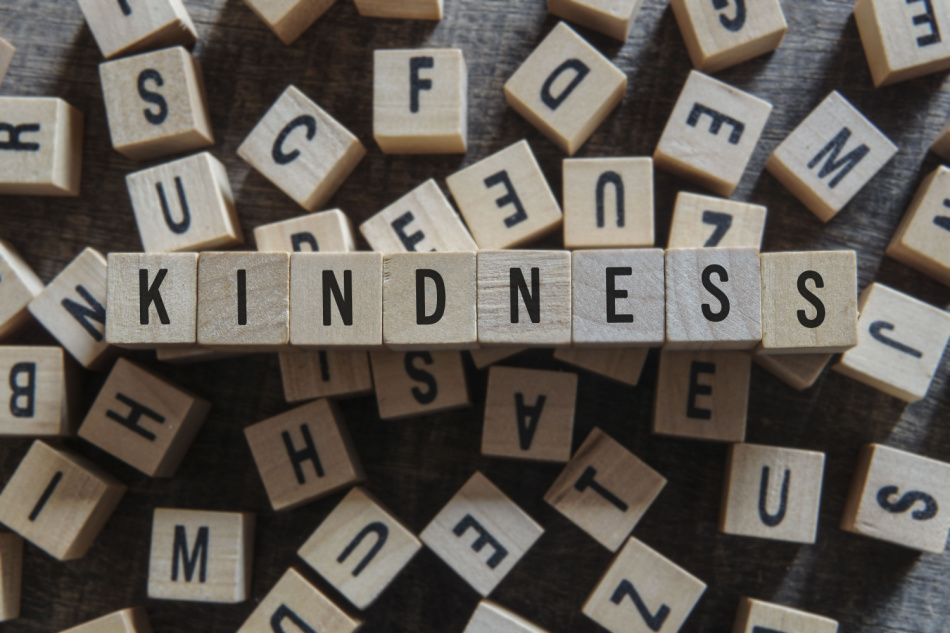“Random Acts of Kindness” Day may be on a Friday this year, but the organization behind it hopes to remind you that being nice is an everyday endeavor.
Of course, being kind to people regularly is simply a great thing to do. However, research shows that those who help others reap a lot of benefits for themselves, too!
A “helper’s high”
According to research, placing the well-being of others ahead of our own without expecting anything in return, or being altruistic, stimulates the reward regions of the brain. Those feel-good molecules flood our bodies, causing a “helper’s high.” Volunteering, for example, has been proven to reduce stress and boost mood.
Not only that, but the same activity can lower the chance of cognitive deterioration and potentially help us live longer lives.
According to researchers, one reason for this is that compassion helps our sense of community and belonging. Studies show that this is a vital factor in living a healthier, longer life.
Lower blood pressure
Donating to others, often known as “prosocial spending,” has been demonstrated to lower blood pressure and improve heart health. In one study, hypertensive persons were instructed to spend $40 on themselves, while another group of people with high blood pressure were instructed to spend the money on others.
At the end of the six-week research, individuals who spent money on others had lower blood pressure. In fact, the advantages were comparable to those of a good diet and exercise.
Pain reduction
According to a recent study, giving appears to have the power to lessen our experience of pain. The study discovered that those who offered to donate money to help orphans were less vulnerable to an electric shock than those who opted not to. Furthermore, the less pain people felt, the more useful they believed their donation would be.
Why does this happen? The study discovered that parts of the brain that respond to painful stimuli appear to be quickly deactivated by the experience of giving.
Happiness
Researchers in the United Kingdom discovered that being kind can enhance happiness in as little as three days. The participants were divided into three groups: the first was required to perform an act of kindness every day, the second attempted a new activity, and the third did nothing. Happiness increased significantly in the groups that were kind and did novel things.
Thus, it comes as no surprise that you’ll feel much more joy if you’re inventive with your acts of kindness. Happiness researchers Sonja Lyubomirsky and Kennon Sheldon found that those who committed a range of acts of kindness throughout the week saw bigger improvements in happiness than those who repeated the same activity.
More good news? It appears that acts of kindness can be anonymous or apparent, spontaneous or planned, and as easy as complimenting someone or opening a door for them.










